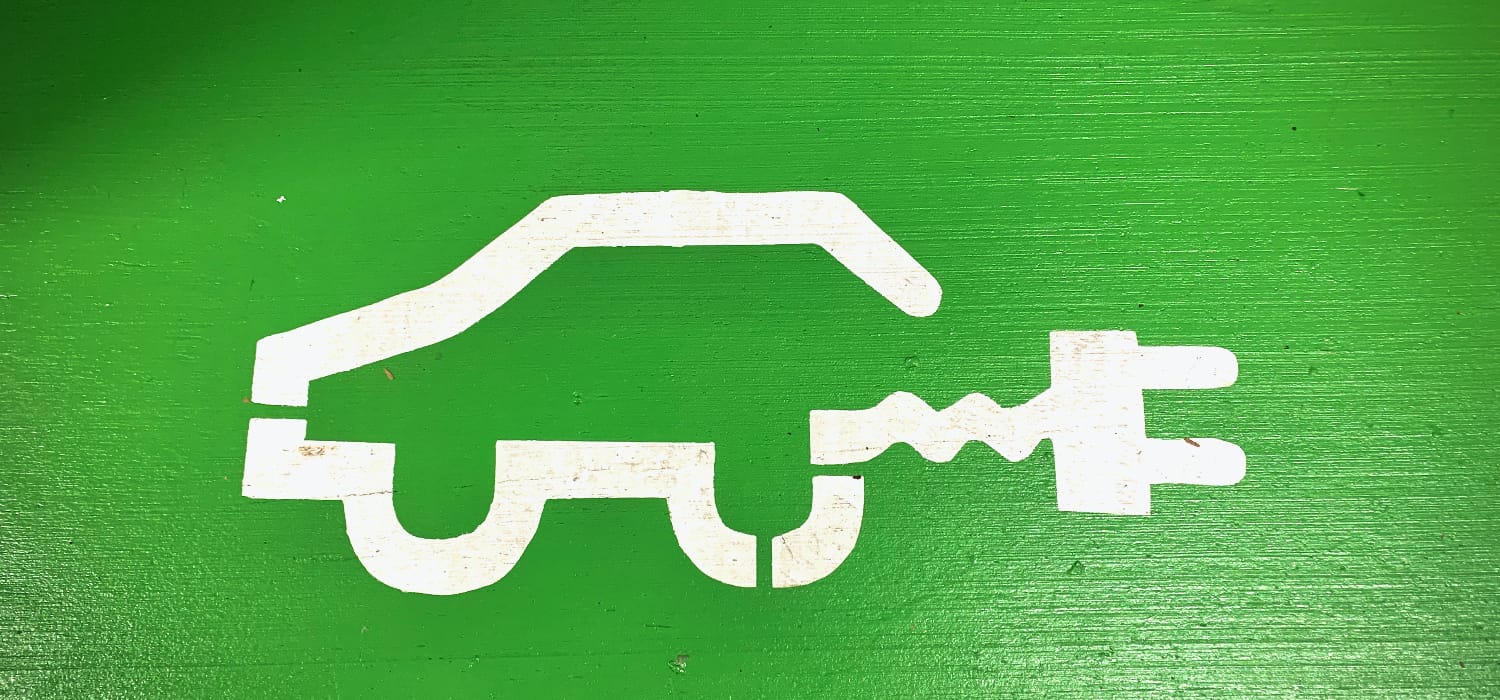
EV technology is accelerating. 2021 saw the biggest annual increase, with more than 740,000 plug-in hybrid and battery-electric cars registered, leading to an impressive growth of 70% compared with 2020. And as of April 2022, electric car registrations continue to rise, with 12,899 new registrations of battery-electric cars so far this year.
Are electric vehicles the future? This article discusses what it means for fleets, the pros, cons, and the frequently considered questions many of us are asking.
The rise of electric vehicles – are electric vehicles the future?
With the ban on petrol and diesel cars approaching in 2030, many fleets and drivers will switch to electric as new models hit the market. While it is a big decision to purchase an EV, electric vehicles will help drivers comply with CO2 emission regulations and reduce fleet carbon footprint.
The advantages
There are numerous benefits to investing in an electric vehicle. Here are just a few.
Save fuel
One of the most beneficial factors of an electric vehicle is not having to fill it up with petrol or diesel, which has become more costly recently as inflation continues to rise. Charging ports are available to install at home, and public charging stations are now across the UK.
Environmental impact
Traditional vehicles can negatively impact the environment due to CO2 emissions and fuel consumption, which leads to air pollution and global warming. The introduction of electric vehicles encourages a 40% cut in co2 emissions, shining a light on just how much of an impact owning an EV can have in an environmentally conscious world.
Greater availability of resources
EV charging solutions were not so widely available only a matter of years ago, which resulted in many companies not yet making the transition to electric. Today, the number of charging stations continue to increase, and there are currently over 13,000 public charging points and more options for home or work charging stations that are simple and cost-effective to install.
The disadvantages
The cost implications
Electric vehicles are still more expensive to purchase than petrol or diesel-powered cars, and despite saving on fuel, the initial costs of an EV will take quite some time to make back in fuel savings.
Lack of charging points
While infrastructure is growing, at this current moment in time, there are still limited charging points compared with the amount of EVs on the road. This makes it less desirable for drivers to own an electric vehicle due to the risk of running out of charge without charging support close by.
Time-consuming
Charging your car takes more time than a quick trip to the petrol station. Most EVs, depending on the model and charging capability, can drive up to 200 miles after a 7-8 hour charging session. Teslas, however, can charge a Tesla up to 80% in just 30 minutes. It depends on the model, but you will still expect to spend longer than filling your vehicle with petrol or diesel.
Frequently asked questions
Electric vs. Hybrid
Electric vehicles use power from a battery, which turns into energy used to drive the car around. The internal combustion engine in a standard car is replaced by an electric motor, which needs to be charged regularly with an electric power source.
Hybrids require electricity too, but they also need fuel to drive. The electric motor, paired with the gas or diesel engine, improves fuel economy and performance. The motor battery in a hybrid vehicle charges itself, and no plug-in is required.
Are electric vehicles cost-effective?
While the initial costs are seemingly expensive, owning an electric vehicle will soon be more affordable than owning a standard car over time. With an EV, you can say goodbye to fuel costs, and you are less likely to have to replace parts as often. The cost of electricity per mile is 50% of the price of fuel needed for the same distance journey. As many EV tax breaks and government incentives surface, the cost of owning an electric vehicle continues to drop in comparison.
How reliable are electric vehicles?
Every car needs to be taken care of. Electric vehicles are just as reliable as any petrol or diesel-powered vehicle. With fewer mechanical components to worry about, EVs are incredibly dependable and are less likely to break down or require repair work.
Will fleet drivers need more training?
Driving an EV is simple but still different from a conventional car. Drivers will most likely need to become comfortable and familiar with an electric vehicle. Allow fleet drivers to test the waters and see what works best for them.
How far can you travel?
Fleets travel across the country, which requires a vehicle up for the challenge. If a fleet requires vehicles that can travel a long distance between stops, current options for EVs may be limited. If you operate in a small area and are less likely to cover long distances, you should consider an electric vehicle.
How fleets can move forward with EVs
Are electric vehicles the future? Depending on the size of a fleet, the location and how often the fleet uses the vehicles, the option to move towards electric may not suit every fleet just yet. There is no clear path and no one-size-fits-all. If the advantages outweigh the disadvantages, it’s time to consider whether the time is right to transition to an electric fleet.
Drivetech works with a nationwide network of professionally qualified third party trainers to deliver our market-leading fleet and police driver offender training courses. Get in touch with us today and read our whitepaper to learn more.
Back to news and resources